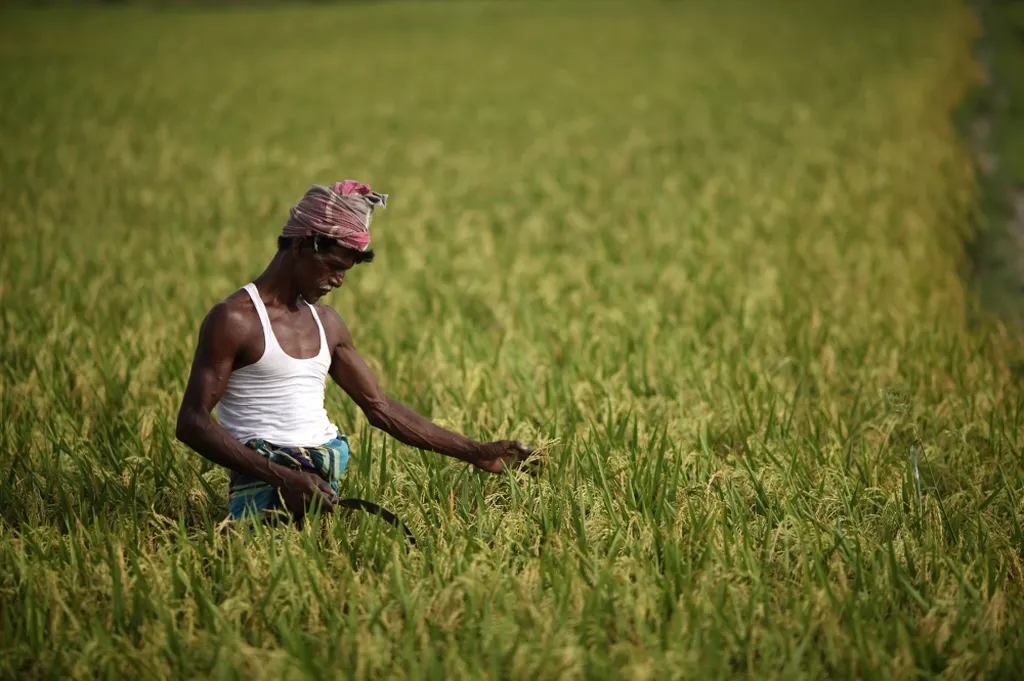In the heart of coastal Bangladesh, farmers are grappling with the harsh realities of climate change, and their experiences are backed by empirical data, according to a recent study published in *Regional Sustainability*. The research, led by Md Tauhid Ur Rahman from the Department of Civil Engineering at the Military Institute of Science and Technology, sheds light on the intricate relationship between farmers’ perceptions and observable climatic trends, offering crucial insights for the agricultural sector.
The study, conducted in Bagerhat District, reveals that a significant majority of farmers—over 70%—have noticed summers growing warmer, while more than 50% have observed colder winters. These shifts in temperature patterns are not just anecdotal; they are supported by climate data analysis from 1991 to 2020. The findings also indicate a decrease in annual precipitation, with farmers reporting increased flooding and reduced predictability in rainfall. “The changes in climate are not just affecting the weather; they are reshaping our farming practices and threatening our food security,” said one of the farmers interviewed for the study.
The commercial impacts of these climatic shifts are profound. Between 2011 and 2019, the output of most rice varieties declined, except for high-yielding Aman rice and hybrid Boro rice. This decline is exacerbated by salinity intrusion, which 60% of respondents reported experiencing, leading to significant yield losses for 57% of farmers. The study highlights that salinity intrusion is a major challenge, with farmers adopting adaptive measures such as planting salt-tolerant rice varieties like BRRI Dhan 67 and Binadhan-10, practicing homestead vegetable cultivation, and integrating shrimp aquaculture.
The research underscores the importance of aligning farmers’ perceptions with empirical climate data to design effective adaptation strategies. “Our findings suggest that growing more salt-tolerant crop varieties, promoting vertical and homestead gardening, and enhancing seed systems resilient to climate change are crucial for improving long-term food security in coastal Bangladesh,” Rahman explained.
The study’s implications extend beyond immediate adaptation measures. It calls for a broader integration of climate-smart farming techniques and the development of resilient seed systems. By doing so, the agricultural sector can mitigate the adverse effects of climate change and ensure sustainable productivity.
This research not only provides a roadmap for policymakers and development practitioners but also serves as a wake-up call for the agricultural industry. As climate change continues to impact farming practices, the need for innovative and adaptive strategies becomes ever more critical. The study’s findings, published in *Regional Sustainability*, offer a foundation for future developments in climate-resilient agriculture, ensuring food security for coastal communities in Bangladesh and beyond.

